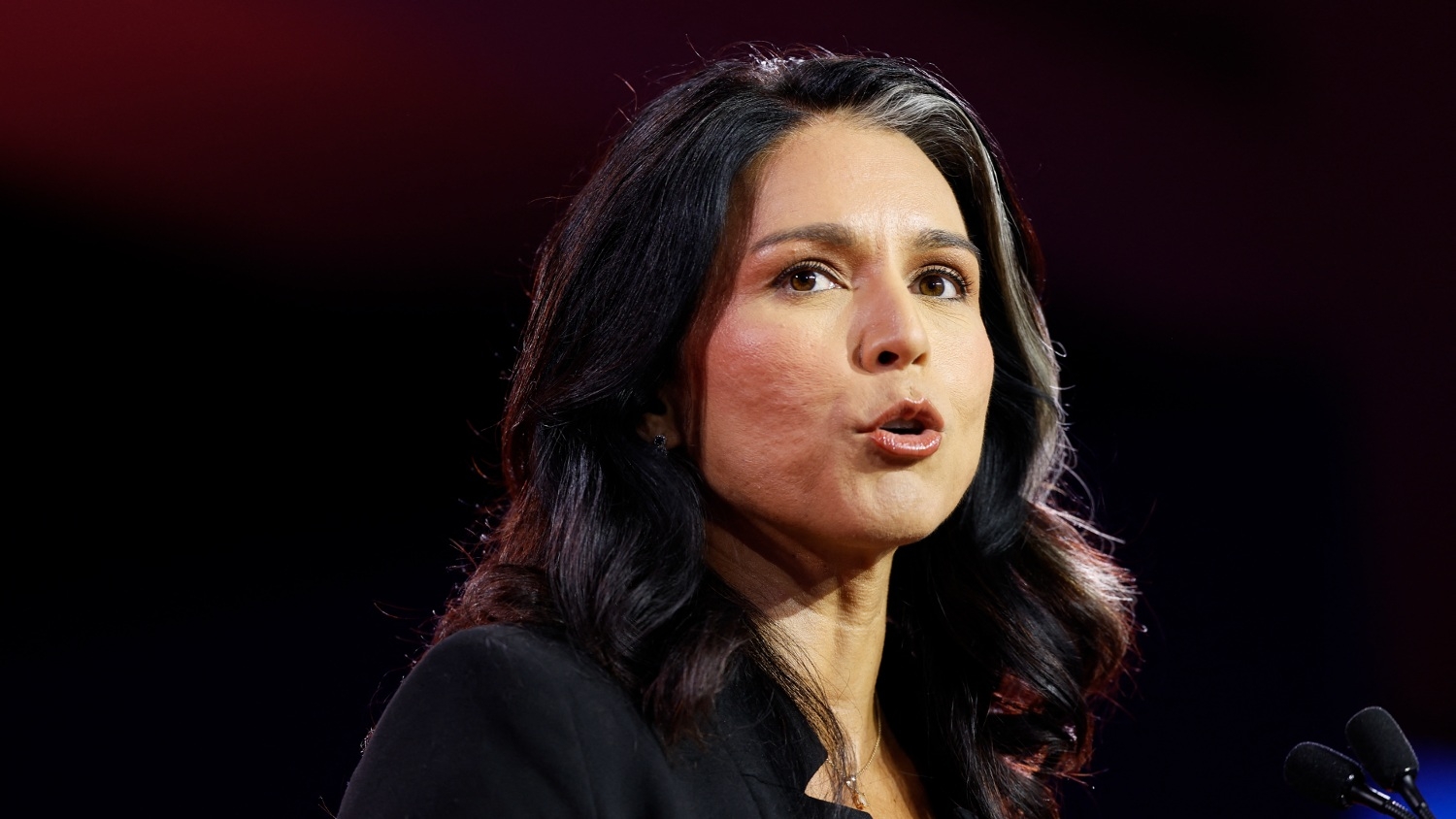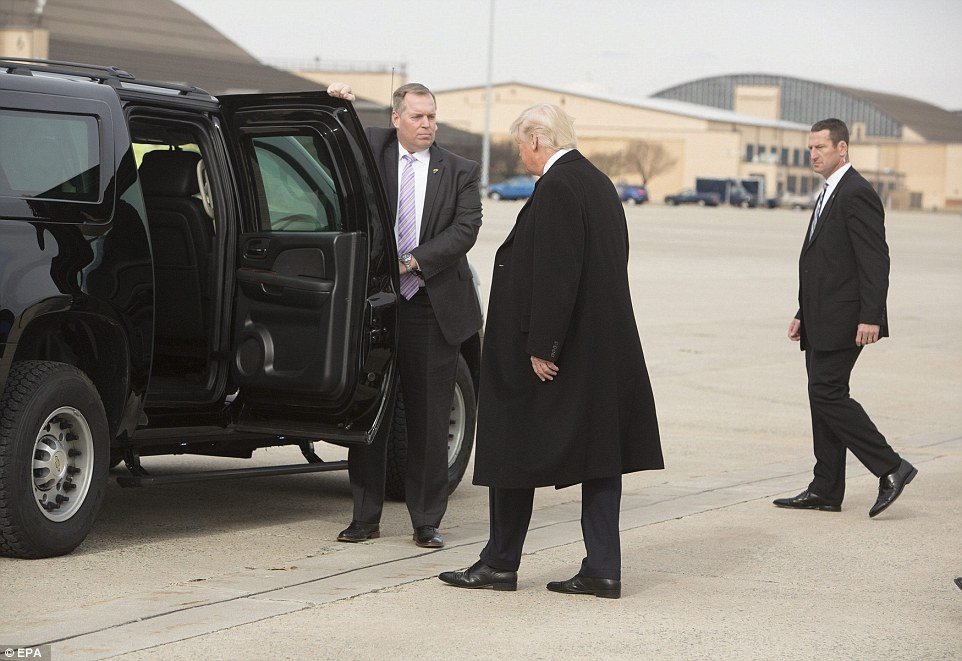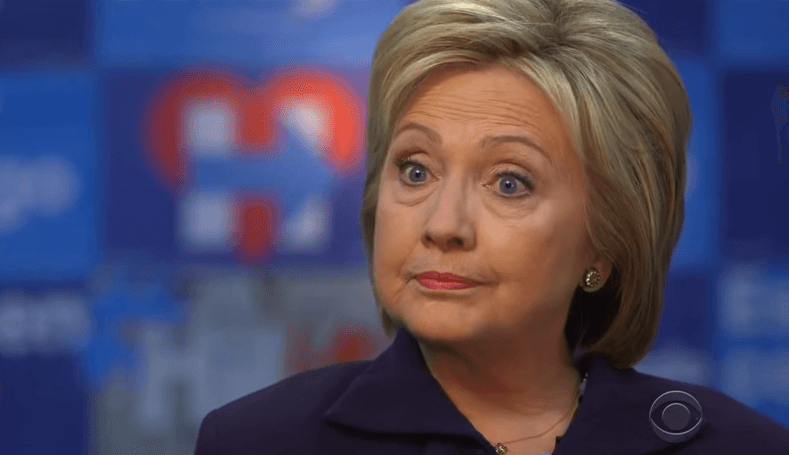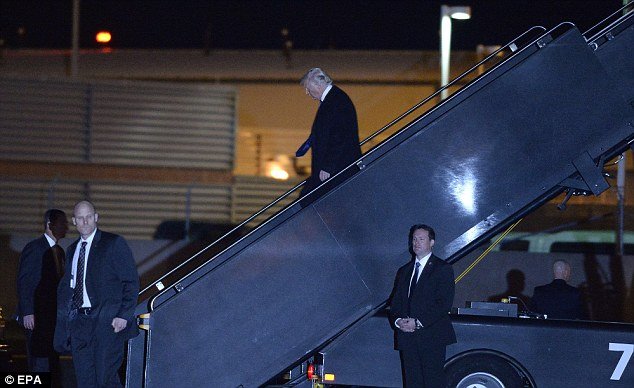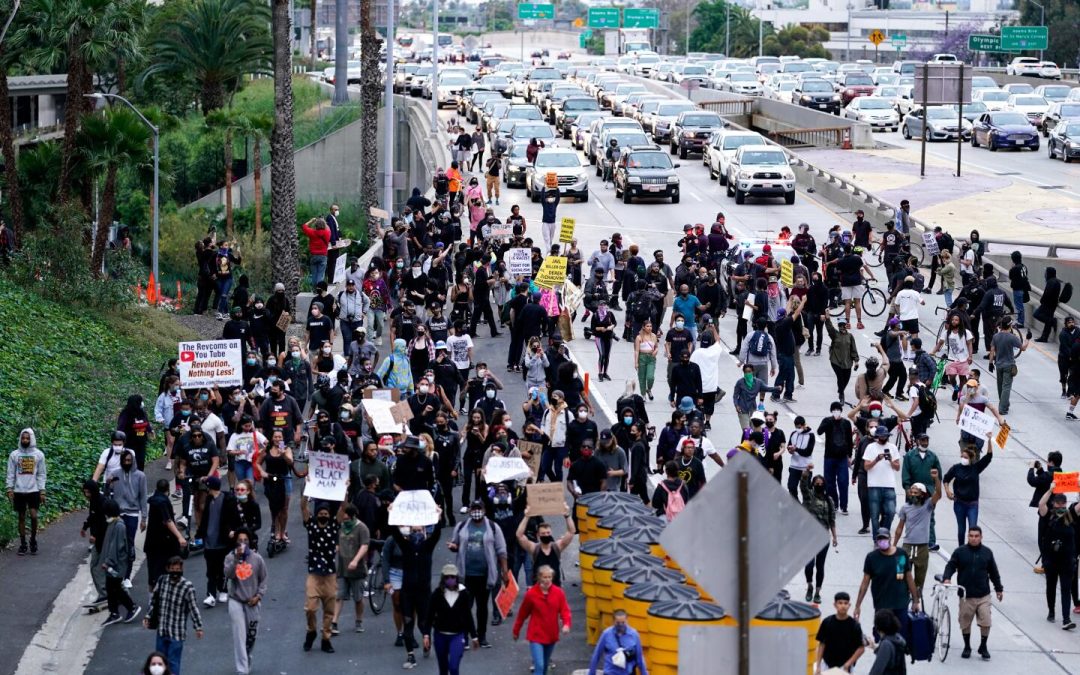Democratic Congresswoman Tulsi Gabbard made headlines with her bold assertions during a CNN interview, claiming that the Obama administration provided support to ISIS, sparking a widespread political debate. Gabbard, a former U.S. Representative from Hawaii and Army veteran, has long been outspoken on issues concerning U.S. foreign policy, particularly regarding the Middle East. Her latest statements have reignited the contentious debate over the role of the United States in foreign conflicts and counterterrorism efforts.
During the interview, Gabbard argued that the U.S. government, under the leadership of President Barack Obama, directly and indirectly supported groups in Syria that had ties to ISIS and other terrorist organizations. She cited the administration’s policies in Syria and Iraq, which she believes contributed to the rise of ISIS and prolonged instability in the region. Gabbard pointed to the fact that certain opposition groups, which received weapons and financial aid from the U.S., later aligned themselves with extremist factions, including ISIS.
Gabbard has long been critical of U.S. interventionist policies, which she argues often backfire and result in unintended consequences, such as the rise of terrorist organizations. Her claims about Obama’s involvement in funding these groups are part of a broader critique of U.S. foreign policy that, according to her, lacks a coherent long-term strategy and often exacerbates the very problems it seeks to resolve.
The congresswoman’s allegations, while not new, gained renewed attention due to her high-profile platform and the timing of the remarks. Gabbard has previously introduced legislation aimed at stopping U.S. government support for what she calls “terrorist groups,” including the Stop Arming Terrorists Act. She has argued that American taxpayers should not be funding or arming groups that ultimately contribute to destabilizing regions and fostering terrorism.
Critics of Gabbard’s statements have pushed back, asserting that her claims oversimplify a complex situation. While it is true that the Obama administration provided support to Syrian opposition forces, many analysts argue that this aid was intended to strengthen moderate rebel groups fighting against the Assad regime, not to support extremist factions. Additionally, they claim that conflating U.S. support for these groups with funding ISIS is misleading and ignores the intricate dynamics of the Syrian conflict.
The Obama administration, along with several other Western nations, did provide assistance to opposition forces in Syria, but this was part of a broader effort to counter the Assad regime, which was accused of committing severe human rights abuses against its own population. However, the chaotic nature of the Syrian civil war meant that many groups on the ground were constantly shifting alliances, which, according to Gabbard and others, created a situation where U.S.-funded weapons and resources ended up in the hands of ISIS and other extremist organizations.
Despite the backlash from political opponents and foreign policy experts, Gabbard’s stance has resonated with a significant segment of the American public who are increasingly weary of endless foreign interventions. Her criticisms reflect a growing frustration with what is perceived as the failures of U.S. foreign policy in the Middle East, particularly following the wars in Iraq and Afghanistan and the ongoing conflict in Syria.
Gabbard’s remarks also align with her broader critique of the U.S. military-industrial complex, which she argues profits from perpetual war and conflict at the expense of both American soldiers and foreign civilians. She has consistently called for an end to “regime change wars,” and her controversial position on Obama’s policies is part of her larger vision of a non-interventionist U.S. foreign policy.
While Gabbard’s allegations have stirred controversy, they are not without precedent. Over the years, numerous reports have highlighted instances where U.S.-supplied weapons and aid have ended up in the hands of extremist groups, either through battlefield losses, defections, or the complex network of alliances in war zones like Syria. This has fueled ongoing debates about the effectiveness and morality of U.S. foreign interventions and the long-term consequences of such actions.
However, Gabbard’s statements have also drawn criticism for lacking nuance and failing to recognize the challenges policymakers face in navigating conflicts as complex as the Syrian civil war. Opponents argue that while mistakes were made, suggesting that the U.S. deliberately funded ISIS is an oversimplification and misrepresentation of the situation.
Despite the controversy, Gabbard’s comments have continued to resonate with those who are skeptical of U.S. foreign interventions and believe that the country should focus on domestic issues rather than entangling itself in foreign conflicts. Her remarks reflect a growing sentiment among some Americans who are frustrated with the perceived lack of accountability for U.S. foreign policy decisions that they believe have led to disastrous consequences.
As the debate around U.S. involvement in the Middle East continues, Gabbard’s bold statements will likely keep her at the center of discussions on foreign policy, particularly as the country grapples with its role on the global stage and the legacy of its actions in conflict zones like Syria and Iraq. The question of whether U.S. policies inadvertently contributed to the rise of extremist groups remains a contentious issue, and Gabbard’s claims have only added fuel to the fire of this ongoing debate.

